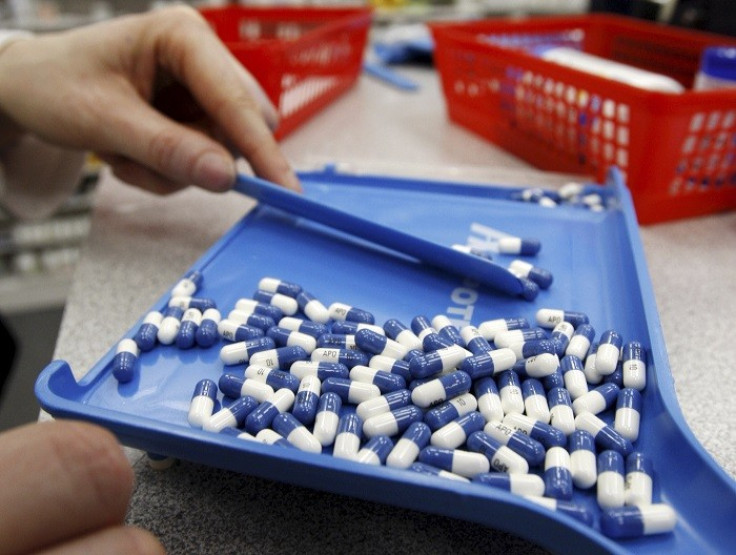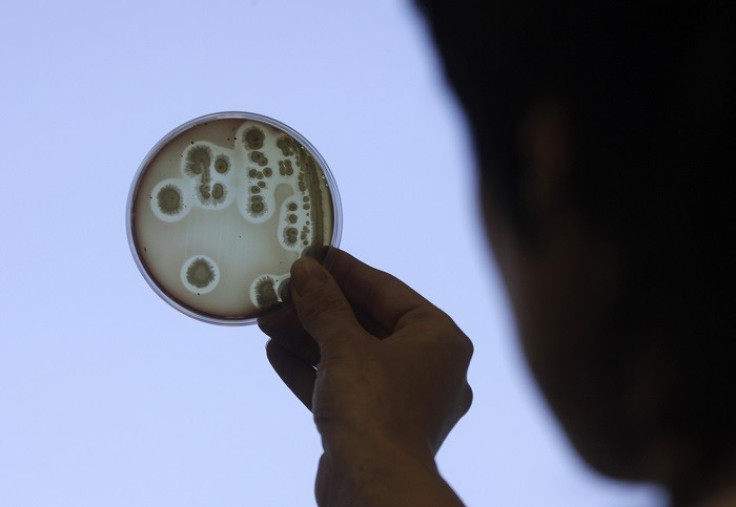Drug-Resistant Superbugs on the Rise, Experts Warn

Superbugs that are increasingly resistant to antibiotics pose a grave threat to human health and could cause "unimaginable setbacks" to a century of medical advances, leading experts have warned.
A group of 26 scientists led by Professor Otto Cars of Uppsala University in Sweden have published new research showing that routine operations could become deadly in the near future as bacteria evolve and become more resistant to drugs.
In a special editorial in the health journal The Lancet, the government doctors, including England's chief medical officer Dame Sally Davies, warn that death rates caused by bacterial infections could return to those seen in the early 20<sup>th century unless urgent global action is taken.
"The causes of antibiotic resistance are complex and include human behaviour at many levels of society," Professor Cars said. "The consequences affect everybody in the world.
"Within just a few years, we might be faced with unimaginable setbacks - medically, socially, and economically - unless real and unprecedented global coordinated actions to transform the way antibiotics are regulated and developed are taken immediately."
The problem is made worse by a serious shortage of new drugs needed to treat multi-drug resistant bacterial infections.

The medical experts said that without antibiotics, treatments ranging from minor surgery to major transplants could become impossible and healthcare costs could spiral out of control as hospitals resort to newer, more expensive antibiotics and keep patients in wards for longer.
England's deputy chief medical officer Professor John Watson told the Independent: "I am concerned that in 20 years, if I go into hospital for a hip replacement, I could get an infection leading to major complications and possible death, simply because antibiotics no longer work as they do now."
Professor Cars said concrete political action needs to be taken to tackle the issue and consumers and antibiotics providers alike need to be empowered to tackle drug resistance.
Strategies for combating resistance include improving hospital hygiene, reducing the amount of antibiotics prescribed and supporting the pharmaceutical industry to find new ways of fighting infection.
Around 35 million antibiotics are prescribed by GPs in England every year. As more drugs are circulated among the general population, bacteria have evolved increased resistance to them.
In September, the UK government unveiled a new £4.5m, five-year strategy aimed at tackling drug resistance.
© Copyright IBTimes 2024. All rights reserved.





